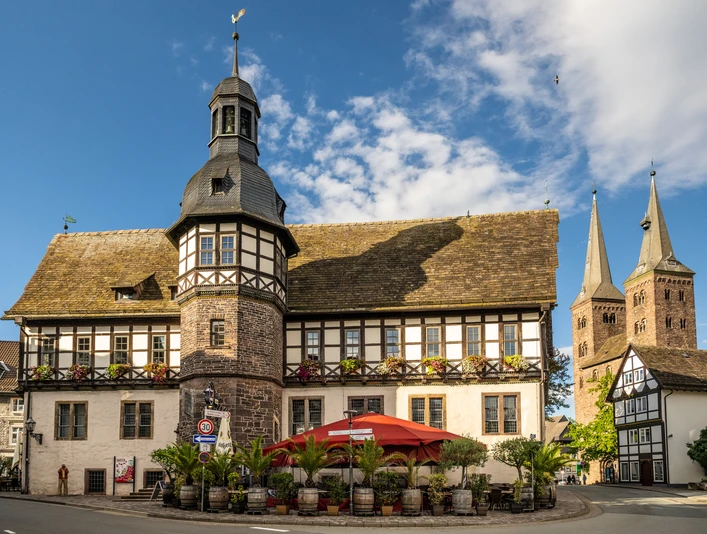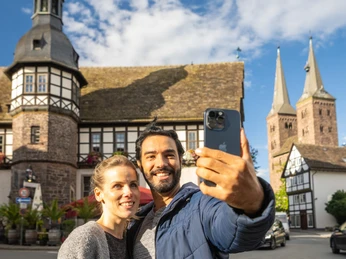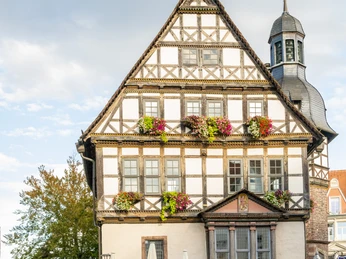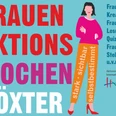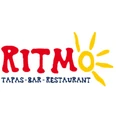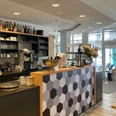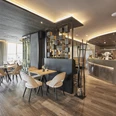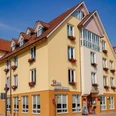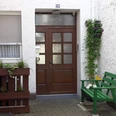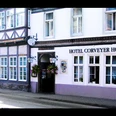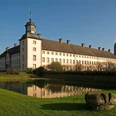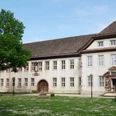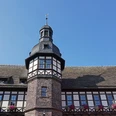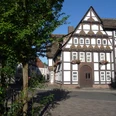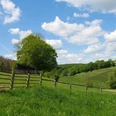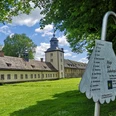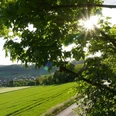In the High Middle Ages, local products, e.g. leather goods and meat, were sold and teeth were drawn here in addition to long-distance goods sold on the Hellweg. In addition to its use as a market and cloth hall, the building also served as a meeting place and courtroom.
From 1608-18, it was remodelled in the Weser Renaissance style and was given a half-timbered structure. The richly decorated bay window with the Justitia in the gable and the stair tower also date from this period. The Ratskeller of the time was so notorious for numerous bloodthirsty offences that guild members were forbidden to carry weapons.
Some symbols of Corvey's rule over the town of Höxter can be found on the building: the head of St Vitus above the entrance to the Ratskeller and two weather vanes from 1764 on the roof gables with the insignia of the town ruler, crozier, sword and abbot's hat as well as an image of St Vitus.
From 1608-18, it was remodelled in the Weser Renaissance style and was given a half-timbered structure. The richly decorated bay window with the Justitia in the gable and the stair tower also date from this period. The Ratskeller of the time was so notorious for numerous bloodthirsty offences that guild members were forbidden to carry weapons.
Some symbols of Corvey's rule over the town of Höxter can be found on the building: the head of St Vitus above the entrance to the Ratskeller and two weather vanes from 1764 on the roof gables with the insignia of the town ruler, crozier, sword and abbot's hat as well as an image of St Vitus.
Good to know
Payment methods
no entrance possible
Directions & Parking facilities
The historic town hall is located in the city centre in the immediate vicinity of Höxter/Rathaus station.
License (master data)
Tourist-Information Höxter
Nearby
